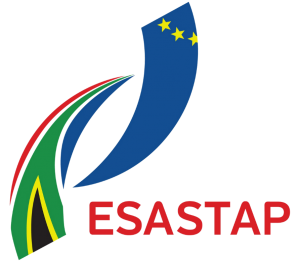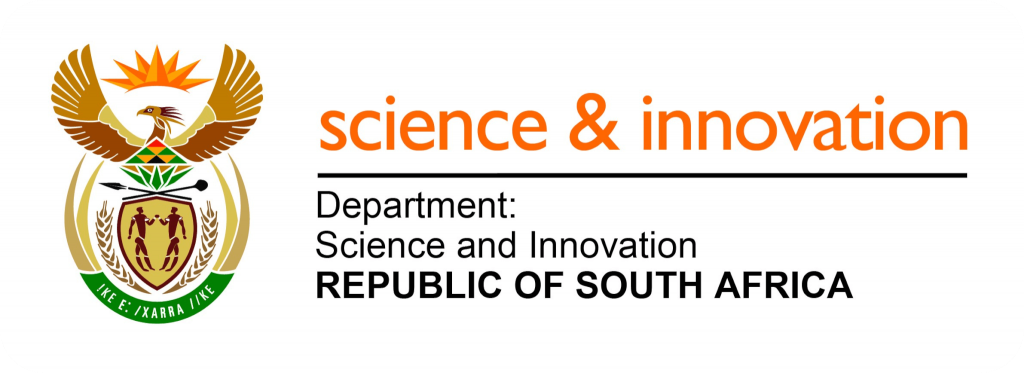Networks are the backbone of scientific progress, but creating and sustaining networks is challenging and requires the right platforms. COST provides networking opportunities for researchers and innovators to address scientific, technological, and societal challenges. But one thing we recognise is that successful networking and collaboration should not be limited by borders or regions.
Accordingly, back in 2019, the COST Association and South Africa reached an agreement on the status of COST Partner Member. This decision was made following the approval of South Africa’s application by the Committee of Senior Officials (CSO), COST’s General Assembly, at its meeting in Bucharest on 10-11 April 2019. South Africa is the first country to become a COST Partner Member.
The collaboration with COST has enabled South African researchers to participate in ongoing COST Actions networks and to be involved as secondary proposers in the annual Open Call for new COST Action proposals.
Dr Ronald de Bruin, Director of the COST Association, and Dr Phil Mjwara, Director-General of the South African Department of Science and Innovation, reflect on five years of collaboration:
“COST provides a valuable platform for South African researchers and innovators to successfully collaborate with their European counterparts. We are proud to enable these excellent communities to meet, work, exchange ideas, create and advance science for the benefit of all.”Dr Ronald De Bruin, Director of COST Association
“South Africa’s researchers and innovators are keen to find partners from Europe. We are pleased that the COST Partner Member status has strengthened the engagement of our research and innovation communities with European partners through COST Actions. This lays the foundations for continued cooperation beyond the lifetime of the Actions.” Dr Phil Mjwara, Director-General of the South African Department of Science and Innovation
There are currently 52 ongoing COST Actions involving at least one of 80 South African participants. The topics they address ranges from public health to green transition, innovation and technology, and capacity building. Over the last five years there has also been a significant increase in collaboration during the preparation of proposals for the COST Open Call: from 21 proposals prepared with 23 South African proposers in 2019 to 52 proposals involving 70 proposers in 2023. The collaboration with COST has also provided South African researchers and innovators with a pathway to other funding schemes in the ERA.
Prof. Marena Manley from Stellenbosch University, a member of the COST Action ‘European Network for assuring food integrity using non-destructive spectral sensors‘ (SensorFINT) commented on the Action networking impact by saying “The most useful element of my COST Action is the annual intentional conferences. These conferences give opportunities for young researchers from South Africa to rub shoulders with renowned researchers in the field. The SensorFINT COST Action currently has over 200 partners and the international conferences is attended by more than 100 people. Here, they typically give young scientists the opportunity to do oral presentations. This results in them receiving valuable feedback from established researchers. My postgraduate students who attended are now regularly communicating with internationally recognised researchers. They also benefit from Training Schools as well as Short-Term Scientific Missions (STSMs), as did I. Additionally, as South Africa is a COST Partner Member, I may attend the management meetings as observer”.
Are you a researcher or innovator from South Africa interested in participating in a COST Action network? Discover more on the COST Seed Funding provided by The Department of Science and Innovation (DSI) to support travel costs here.




